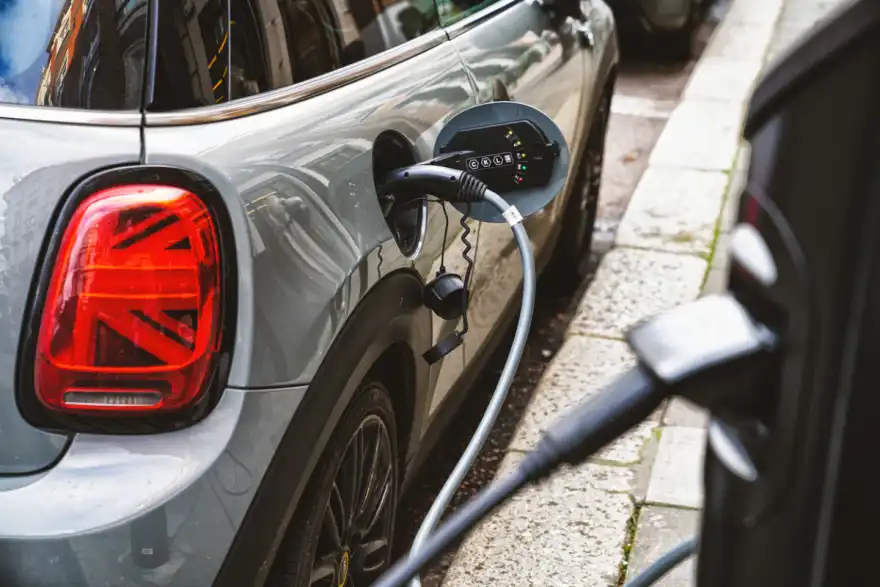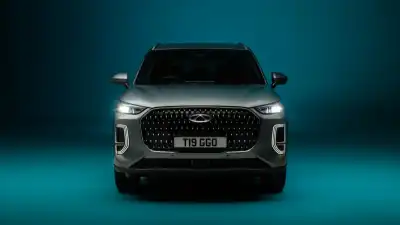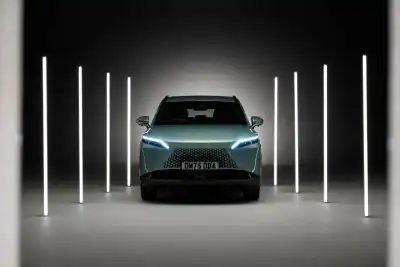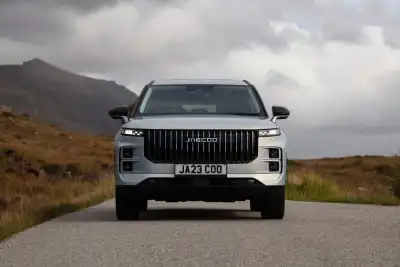
The UK’s strict ZEV Mandate rules might be getting a shake-up, according to Business Secretary Jonathan Reynolds.
Speaking to The Times after a meeting with Nissan in Tokyo, Reynolds said Labour’s cabinet had agreed on a “substantial change of policy.” However, he didn’t share specifics or confirm if Labour still plans to bring forward the petrol and diesel car sales ban from 2035 to 2030.
Despite previously supporting strict ZEV rules, Energy Secretary Ed Miliband is reportedly on board with the changes. Reynolds told The Times that the government believes net zero progress won’t happen “by closing down British jobs and British industry.”
Right now, the ZEV Mandate—introduced by the previous Conservative government—requires 28% of new car sales in 2024 to be electric, increasing to 80% by 2030. Manufacturers face hefty fines if they fall short, sparking intense lobbying from car brands who argue the targets are unrealistic. Meanwhile, environmental groups and the charge point industry are pushing for the rules to stay as they are.
Car makers have also linked the strict targets to lower investment and potential factory closures. BMW recently put a £600m investment in its Oxford MINI plant on hold, citing weak consumer demand for EVs.
Alongside pushing for softer ZEV targets, the industry is also calling for government incentives to encourage more people to switch to EVs. The EU is already moving to ease pressure on carmakers with similar policies.
The UK government hasn’t officially commented on the potential changes yet, but an announcement could be coming soon—possibly as part of Rachel Reeves’ spring budget statement on 26 March.




